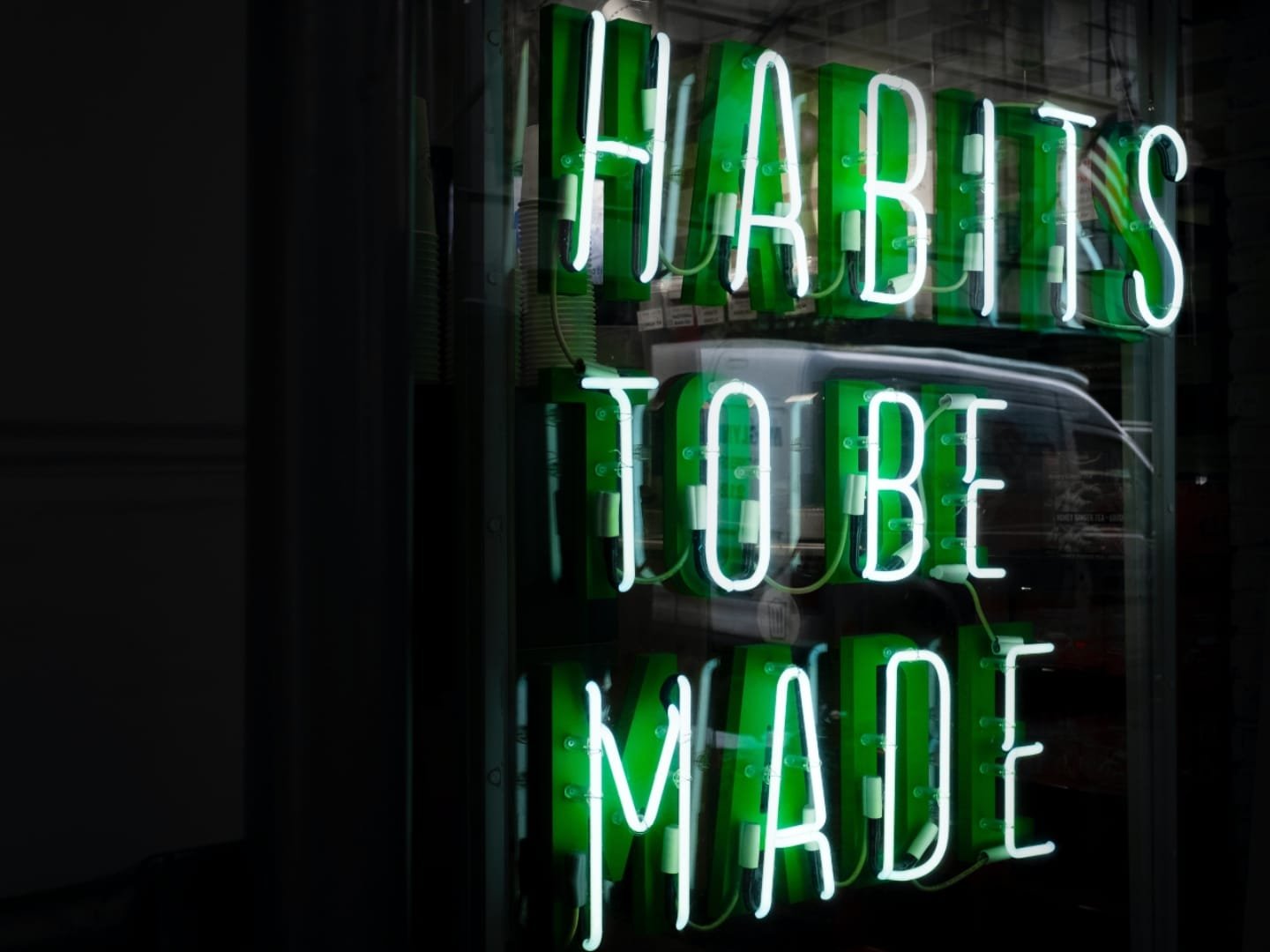
The difference between an amateur and a professional is in their habits. An amateur has amateur habits. A professional has professional habits. – Steven Pressfield
Sales managers play many roles in the success or failure of an organization. In addition to being responsible for meeting sales targets, managers must oversee the activities of team members to assure they are working toward a common objective. Equally important, the sales manager must ensure the team is delivering desired results. For example, they can develop lucrative incentive schemes and can coach reps to break unproductive habits. Helping sellers in their professional development will pay great dividends for the future of the organization and the strength of the team.
Break unproductive habits first by acknowledging them
Dr. Donald Wetmore of the Productivity Institute created an exhaustive list of time management facts and figures. Surprisingly, he calculates that the average person experiences a total of four hours of interruptions in the average workday. He continues, “80% of those interruptions are typically rated as ‘little value’ or ‘no value’ creating approximately three hours of wasted time per day. Furthermore, he says that “a person who works with a ‘messy’ or cluttered desk spends, on average, 1 1/2 hours per day looking for things or being distracted by things or approximately 7 1/2 per workweek.” Now, sales managers cannot act as desk monitors, but they can work to minimize office interruptions and coach their team to break unproductive habits. The first step is to identify and acknowledge the habits that steal the most time and cause the lengthiest distractions.
Managing digital distractions
Our digital workplace, along with the influence of social platforms, creates a captivating diversion in the midst of an otherwise productive work environment. Realizing this, managers may want to coach their team to assess time spent and behavior around email, texting and social networks. For example, experts recommend professionals schedule a specific time to handle correspondence and to inform personal contacts of their working hours. Equally, professionals should use their off-hours to engage with nonbusiness contacts on social media. Similarly, good time managers realize that the allure of web browsing can take on a life of its own. Resistance takes discipline.
Discipline can replace bad habits with good
It takes approximately 30 days to establish a new physical or emotional habit, according to Dr. Wetmore. As your team members strive to break unproductive habits, they need to first identify a suitable replacement habit. This is the recommendation of Kevin Nichols, writer of “Three Techniques to Break Unproductive Habits. Nichols suggests that a new positive replacement activity be prompted each time you are tempted to pursue your old habit. For example, when you are tempted to check for a personal phone call, immediately make a business-related call. Also, do not discount the effectiveness of "to-do" lists. Dr. Wetmore claims that 70% of professional people use a list on a regular basis to administer their “have to’s.”
Set boundaries
Making and breaking habits takes discipline. Good time managers are tightfisted with their time. In other words, they allocate their time to those who deserve it rather than those who demand it. This tracks well with Nichols’ third technique to break unproductive habits and that is to set boundaries. These boundaries are personal, unique and designed to result in improved productivity. Manager/coaches should engage with team members to seek out bad habits and find replacements. Meanwhile, challenge sellers to identify boundaries they must set to counterbalance distractions.
For more coaching tips on helping your sellers break unproductive habits, download SalesFuel’s white paper, “Managers as Coaches in High Performing Organizations”.
Photo by Drew Beamer on Unsplash



